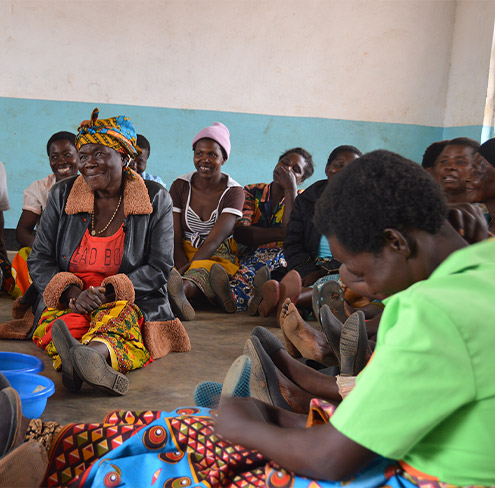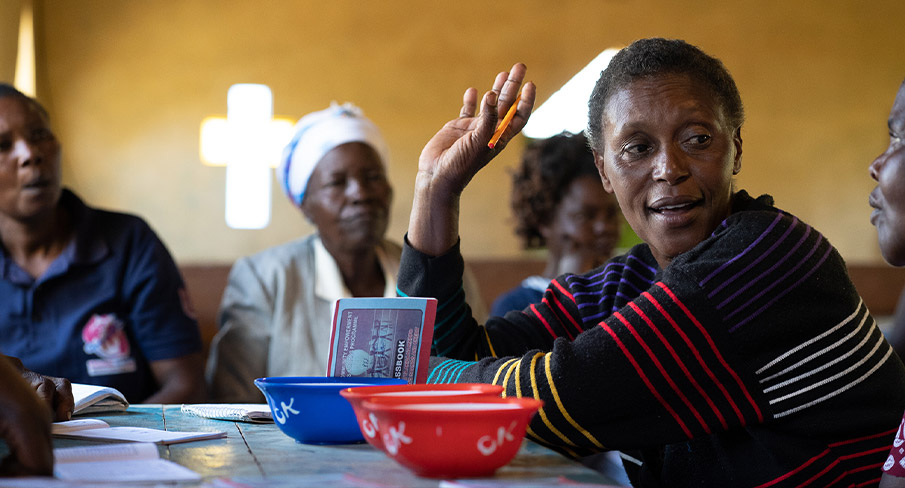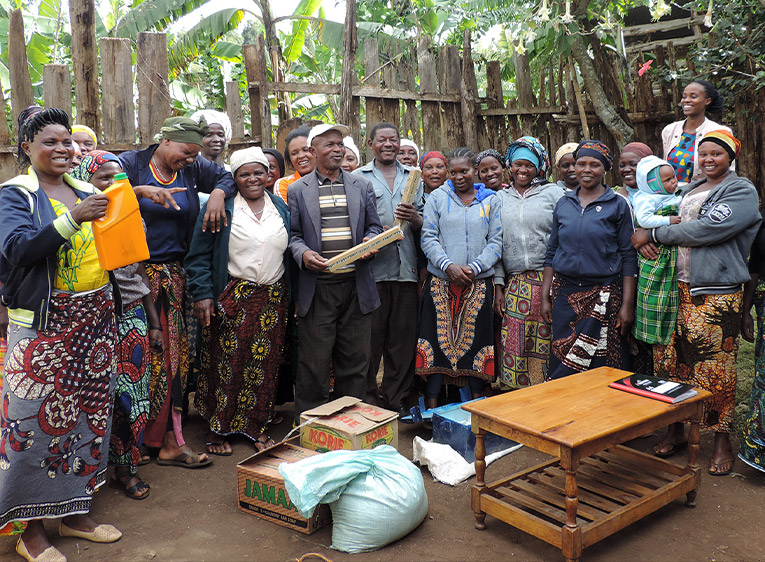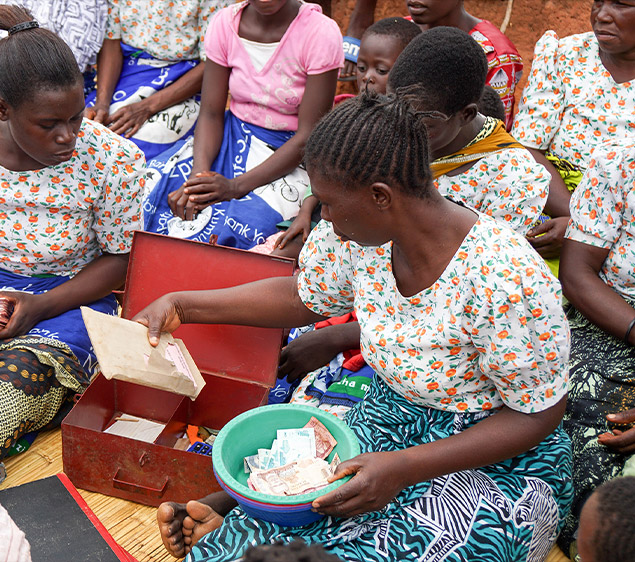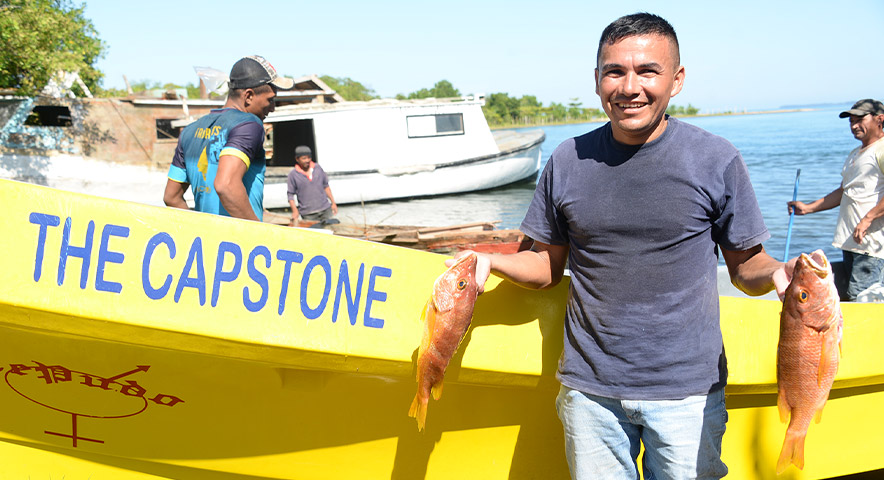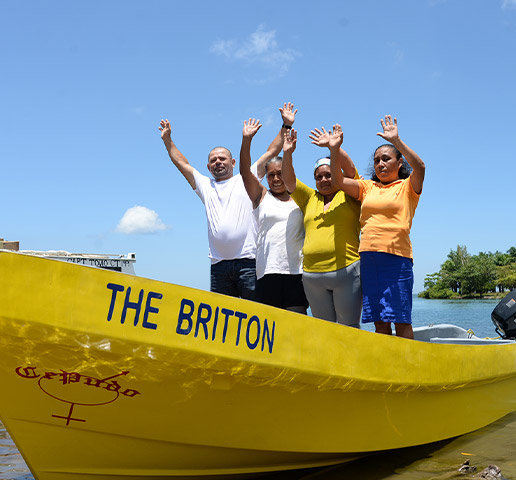CSR in action.
At Capstone, we thrive on applying our knowledge capital to create opportunity. We approach our philanthropic efforts in the same way we think about investment. Philanthropic ventures at Capstone are focused on building opportunities where they don’t currently exist. By investing our time, knowledge and capital, we aim to give others the chance to build sustainable opportunity and view their world differently.
Cups for a cause.
Capstone’s ‘Cups for a cause’ is an annual event that brings together our team and partners to raise money to support developing opportunities for community education.
Case study.
WeSeeHope works with vulnerable children in Southern and Eastern Africa. We raised $184,000 for the Village Investors Programme. Through the Village Investors Programme (VIP), WeSeeHope establishes village savings and loans groups for parents and guardians of vulnerable children in Kenya, Malawi, Tanzania, Uganda and Zimbabwe.
- Training community members as VIP Facilitators who are responsible for forming, teaching and managing VIP groups in their area.
- Teaching VIP members how to pool their money together to form a community banking system, which provides them with a safe place to save their money and take loans.
- Training members in financial and entrepreneurial skills so they can start and grow their own businesses.
- Providing each group with a VIP tool kit, which includes a safety cash box, padlocks, financial notebooks, savings bowls and calculators.
- Being part of the VIP, members start to earn a sustainable income and save it on a regular basis. As a result:
- More children can attend school because their parents can afford fees, books, pens and uniforms.
- Children are better protected as VIP members are able to secure their homes or build new ones.
- VIP members can afford to buy food for the children in their care and fertilizer to grow produce.
On average, $1,300 can set up one VIP group, benefitting 23 members and 63 vulnerable children. Capstone’s support could economically empower 3,243 parents and guardians to better provide for 8,883 children.
Case study.
Our project goal in association with Food for the Poor, Inc. was to establish a fishing village in the community of Capiro y Gerico, Honduras, to provide 59 fishermen with the resources to increase their income and support their community. The project directly benefits the cooperative of 59 fishermen, Asociación de Pescadores Capiro y Gerico, plus an additional 3,500 residents from the area.
- Four fiberglass fishing boats
- Four high-powered outboard engines
- Construction of a gear shed for equipment storage
- Miscellaneous equipment (GPS systems, handheld radios, fishing lines and tackle, buoys, anchors, coolers, freezers, safety equipment, etc.)
- One solar-powered street light
- One sanitation block
- A water well or concrete cistern (depending on the water source)
- Technical assistance and monthly monitoring and supervision
Prior to the establishment of a Food For The Poor fishing village initiative, a socio-economic study is conducted, followed by a selection process. An investigation then occurs to identify serious, honest fishermen who are eager to participate in the project.
The cooperative is expected to reinvest a portion of their catch (up to 10 percent) to a community organization/school of their choice. They are also required to regularly set aside a small amount of their proceeds for engine repair and maintenance.
Food For The Poor’s fishing villages are self-help entrepreneurial initiatives specially designed to enhance food production, produce a steady source of high-quality proteins for communities facing hunger and malnutrition issues, and to encourage economic sustainability with a viable and marketable product.
“On behalf of myself, my family and my colleagues, we thank God and you for providing this beautiful fishing village and shed. We have not been able to fish as much as we want right now because of weather, but it will pass and we will be able to use what you have given us to provide better lives for our families.”
The fishermen are equipped with four new 23-foot fiberglass boats along with four high-powered outboard engines, and an assortment of fishing equipment, which they store in the newly constructed gear shed. The boats are named: Britton, Sails and Trading, Mighty Mejia and Capstone.
For the first four months of 2018, the four boats reported a catch of 2,882 pounds, which netted total earnings of $3,237.


